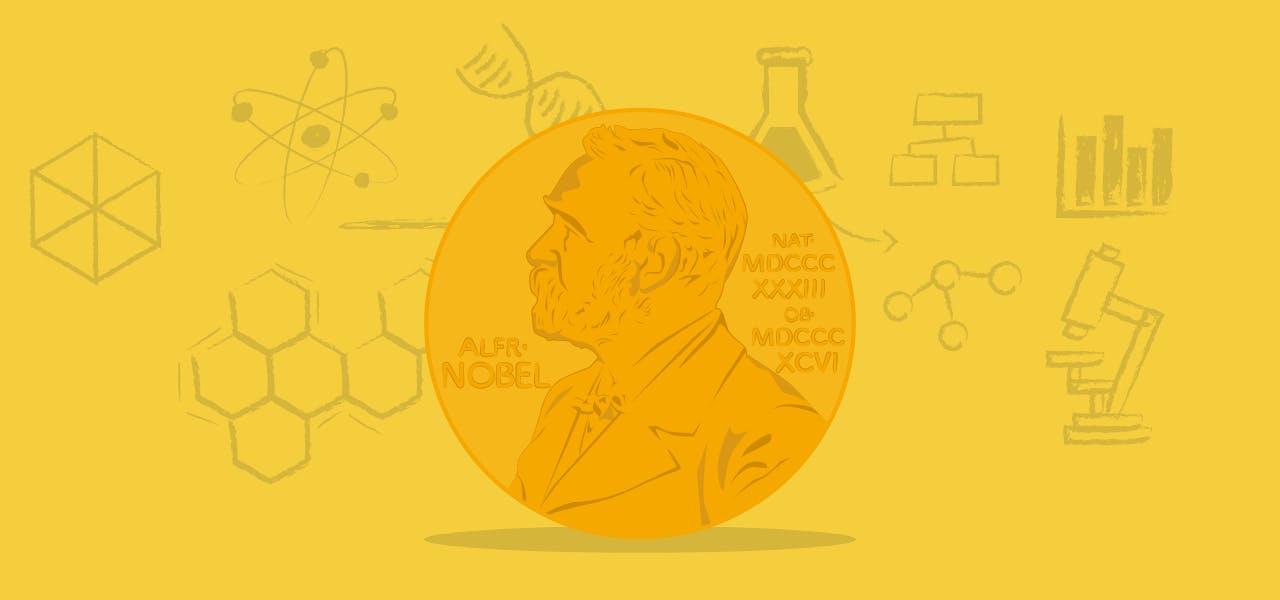The Nobel Prize is a term that is known in most households around the world, but although it seems like everyone has heard of it, that doesn’t mean they really understand the significance behind this coveted, prestigious award. When Alfred Nobel passed away and left behind his significant resources to begin giving people who contributed to the world in major ways a reward for their hard work, he likely had no idea how massive his idea would become.
Now, anyone can win the prize, as long as their work contributes to society in ways considered to be impactful by the terms of the Nobel Prize guidelines. In fact, over the years, there have been many recipients who run the gamut from previously unknown innovators to presidents of countries. While all of these recipients or nominees are different, the substantial factor they have in common is that, by works or acts, they were able to somehow contribute to the world in an impactful way, which is the main component the Nobel Prize guidelines look for.
Who Was Alfred Nobel, Anyway?
Born on October 21, 1833, in Stockholm, Sweden, Alfred Nobel was blessed with a family who encouraged him to be innovative. His father was an engineer and an inventor, so Alfred grew up surrounded by imaginative thinking. His father’s business closed when Alfred was born, forcing him to move to Russia to try to start over. Eventually, his St. Petersburg business did well and he moved his family, including Alfred and his two older brothers, over with him.
Alfred and his brothers were then able to receive a top education from private tutors, where they learned about things that would be considered unnecessary at the time but were, in fact, essential to becoming a learned citizen: natural sciences, literature, math, and languages. By the time he was 17, Alfred fluently spoke and wrote in five languages.
His father discouraged Alfred’s passion for poetry and instead sent him to work alongside chemists in laboratories where the young man’s knowledge and interest set him on a path for his future work with nitroglycerine and the eventual invention of the initial form of dynamite.
Upon his death on December 10, 1896, Alfred left behind his last will and testament, in which the majority of his fortune was to be distributed as a prize for anyone who was considered to have encouraged humanity via physics, chemistry, physiology, medicine, literature, and peace.
Notable Facts About the Nobel Prize
Although it took four years for every country to agree to the guidelines of Alfred Nobel’s last wishes, the first award was given in 1901. Since then, there have been some interesting statistics that people who are interested in the Nobel Prize have followed, such as:
● Six people actually declined receiving their award, for numerous reasons.
● The youngest prize winner was Malala Yousafzai, an education activist who made her mark on the world by the age of 17.
● The oldest prize winner was a scientist by the name of John B. Goodenough, who, at 97, showed the world you’re never too old to be good enough to make a difference.
● 53 of the prizes over the past century have been won by women.
● There have been 947 Nobel Laureates since the initial prize in 1901. 920 of these were people and 27 were organizations.
There are six different categories of prizes given away, and five of these are chosen in Sweden. The only one that isn’t is the peace prize. Norway is the country where this prize is selected.
You can nominate someone for any of these categories, and the most common nominations come from previous winners, professors from universities, scientists, and academic scholars. The winners are called “laureates,” a term originated by the Greek presentation of the laurel wreath given to winners of contests back in the ancient Greek times.
Everyone's a Winner With Impactio
If you want to be a contender for the Nobel Prize or you just want to complete research that makes a difference to your audience, you still need a finished paper that looks and sounds professional. With Impactio’s all-in-one software solution for expert article creation, everyone wins.
Impactio’s comprehensive program guides you through the design and compilation of your impressive manuscript as you put together your impactful work. While there’s no guarantee you’ll get the Nobel Prize for your work, Impactio does help you save time putting together expert research articles so you can get back to work designing and completing research that furthers your goal.
